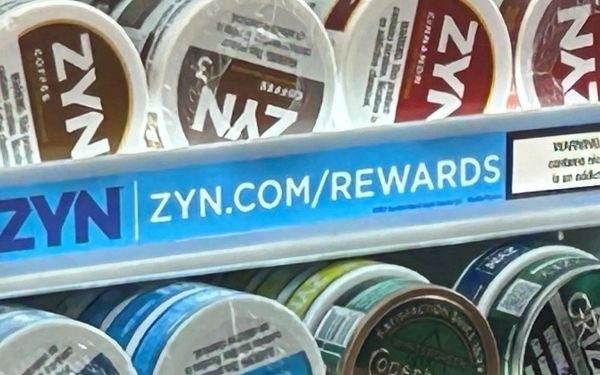SALEM, Ore. (KATU) — As lawmakers race to secure funding for wildfire response, a new proposal could add a tax on oral nicotine pouches to help cover the costs.
“We’re getting close to desperate when it comes to funding wildfire efforts for the next biennium,” said State Senator Jeff Golden (D-Ashland).
The idea comes as an amendment to a bill that originally proposed a non-refundable fee on bottle deposits. That fee has since been removed due to lawmakers’ concerns about disrupting the long-standing bottle bill program.
Now, attention has shifted to nicotine pouches like Zyn and Rogue. The proposed tax would add 65 cents per pack for those containing 20 or fewer pouches. For larger packs, a three-cent fee would apply per pouch.
Governor Tina Kotek supports the measure.
“I do think we should tax nicotine products,” Kotek said. “These are not smoking products—they’re pouches placed in the mouth, and they contain a highly addictive substance. They should be taxed.”
Sen. Golden and Representative Pam Marsh (D-District 5) estimate the tax could generate up to $30 million over the next two years. One-third would go toward covering fire mitigation costs, while the rest would fund wildfire prevention efforts.
“It’s a bit speculative, but based on feedback from the industry, we believe there’s a potential $30 million benefit,” said Rep. Marsh.
The plan also calls for directing 20% of interest earnings from the state’s reserve fund to wildfire prevention—an estimated $32.2 million. Governor Kotek noted that the fund is currently generating about $161 million in interest. If lawmakers can’t agree on a funding solution before the session ends, she said she’s open to allocating the full amount to wildfire efforts.
During a public hearing, several people spoke in favor of increasing the interest percentage in the bill. Sen. Golden agreed but cautioned it may still fall short.
“I’d support that too,” he said. “But I worry that, given the current wildfire landscape, even that might not be enough.”
The amendment also includes a logging tax increase—from $0.625 to $1 per 1,000 board feet harvested. In addition, it would raise the minimum fire protection fee that property owners pay. One version proposes an increase from $18.75 to $20, while another suggests raising it to $25.
If approved, the bill would take effect 91 days after the session ends, which is expected in late September.










